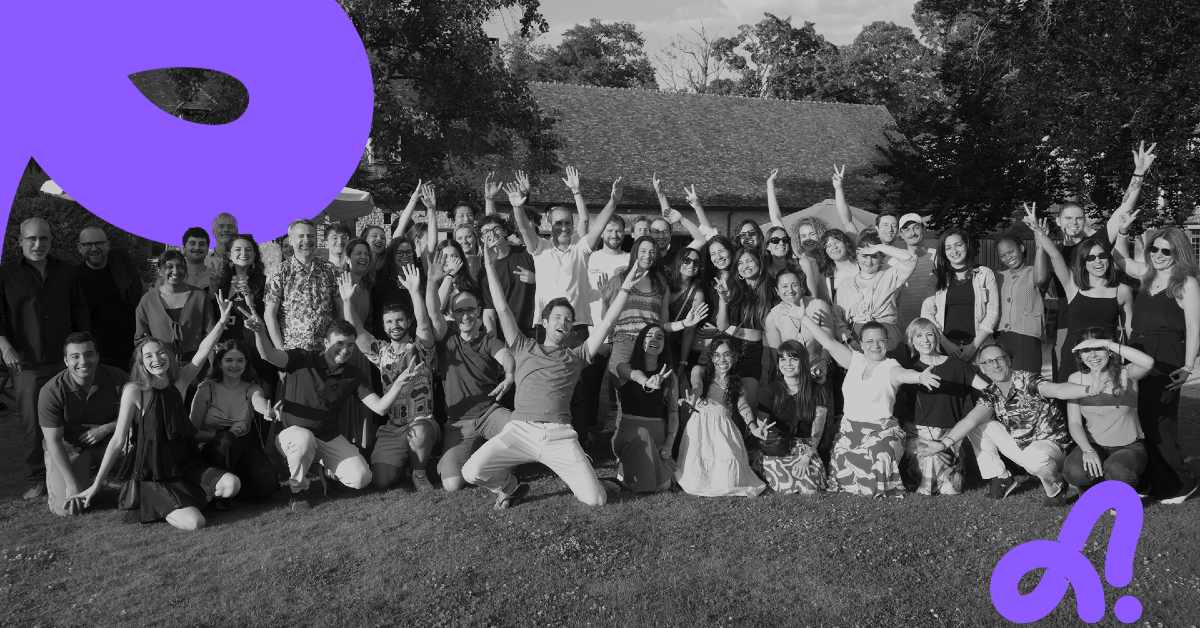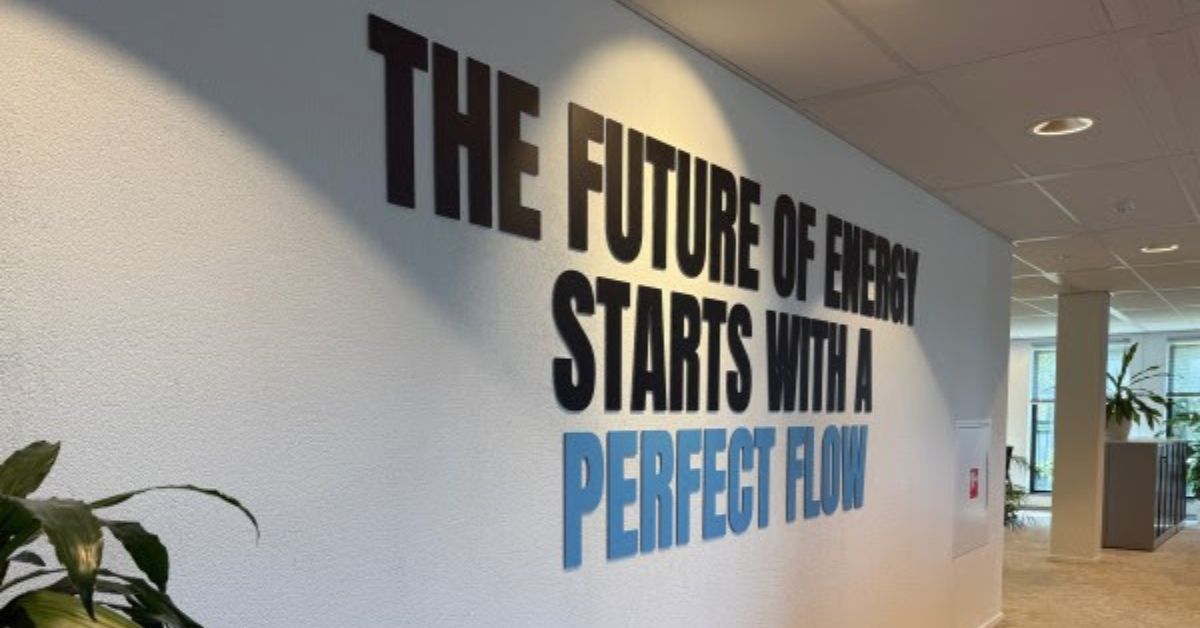In this series we profile recent graduates who landed a job at a startup, either right after graduating or after a long and tough quest. This week we talk with Tom Goulooze, who is a full time Scrum Master at Usabilla, a SaaS company that makes user feedback software for websites and apps. After graduating cum laude in Communication Sciences, Tom participated in the Growth Tribe Academy, where people learn everything there is to know about growth hacking.
After getting his bachelor’s degree in Economics, Media & Entertainment, Tom started a Communication Science master’s program at VU. He changed fields because he didn’t felt satisfied after completing his bachelor, both intellectually and the fact that he had serious doubts about his chances on the job market. “In the end my bachelor thesis mentor practically forced me to apply at university and its one of the best choices I ever made; working on hard problems with motivated students is incredibly satisfying,” Tom says.
How did you find out about Growth Tribe and what made you decide to join?
While studying communication science at the VU I had a marketing course that was frustratingly unscientific. I realized that if a university can’t explain the effects of marketing properly, the day-to-day job would be even worse. When I did a two day entrepreneurial project for Startup Amsterdam I saw how scientific based marketing can make a difference, and got a taste for the startup life. It was through them that I found Growth Tribes’ website; where I was immediately swayed by their curriculum, sassy copy and sweeping statements about the effectiveness of traditional marketing.
![]()
What skills did you learn during your time there?
I realized that when you graduate university, you might know a lot about doing research; you aren’t that familiar with the tools, skills & mindset you need in a work environment. The difference between knowing what Google Analytics does and having the skillset to actually use it is huge for employers and your self-esteem. At Growth Tribe I learned how to engage with A/B testing software, write catchy headlines, query databases, sell ideas, code a website & how life is at a startup.
Above all they taught me the critical mindset of Growth, which means you should always question your assumptions with hard data; An argument I was very sensitive to after finishing my master’s research. They really launched my career.
After Growth Tribe, you started as a Growth Hacker at Usabilla. How hard was it to find a job after graduating – did participating at Growth Tribe Academy help?
In short, yes. As part of the curriculum you join a start-up three days a week, doing experiments in a three person team. I joined Usabilla, a Saas company that makes user feedback software for websites and apps. You’ll see Usabilla in the form of a feedback button on websites such as Vodafone, NS, KLM & Booking.com. Getting the freedom to experiment in a company that had just experienced 1176% growth meant there was much more work then people could ever keep up with, the perfect environment to learn.
It was amazing joining a fast growing company like that, but being unpaid, I had to keep my job selling laptops at Coolblue resulting in a six day workweek with long hours. Just before the internship was over the CEO invited me for a coffee at urban outfitters (they sell coffee there, who knew) and offered me a job and a month off; I happily took both.
After four months at Usabilla, you got a full-time job as a Growth Marketing Analyst. A year later, you’re promoted to Scrum Master. What did you do to get promoted several times in a short amount of time?
When I started at Usabilla we had about thirty people on staff, a year and a half later there are over a hundred working for Usabilla in five different offices. Growth like that comes with opportunities. Because of some technical skills I learned at Growth Tribe Academy, I was able to pick up a lot of low-hanging stuff other colleagues didn’t have the time or expertise to do. In my first year I was part of a development team running growth experiments, kept Usabilla.com up to date, worked on the sales process & migrated the company onto a new CRM system. I have a bit of a short attention span so having all these tasks was heaven; but as Usabilla grew, having someone that does three jobs but not not actually the one he was hired for became unsustainable. After I led a design sprint I was asked if I wanted to become to Scrum Master of the development team at Usabilla, continuing my streak of absurd sounding job titles.
Growth Hacking is a relatively new concept, sometimes met with scepticism about its true potential. Right now you’re supporting a software development team of more than twenty people. What kind of scepticism do you encounter from people about these new ideas – concepts, especially from those who are working in the IT-field for many years?
The struggle is real! Being a jack of all trades opens a lot of doors to stumble through, but can also lead to some serious imposter syndrome. Growth Hacking is based on the 80/20 rule: you learn 20% of the tools to get 80% of the value out of them. That’s just enough to be dangerous; able to execute lots of technical tasks but not capable enough to fix anything you break. Getting two days of excellent training in CSS doesn’t mean you are ready to use it like a professional, software developers pick up on that after about three challenging questions. I’ve learned to be upfront about this, and not hesitate to make fun of myself. Growth Hacking is not a silver bullet (especially in B2B) but no-one can argue against running a marketing department like a science experiment: responsible, objective and results driven.
What advice do you have for other students or graduates who are looking for jobs? What can they do to make their job hunt more effective?
1) I’ve found that saying yes to things that are scary works, even when they don’t immediately pay off.
2) Differentiate! See yourself as a product that’s on sale, why would an employer hire you? Be really honest with yourself and look for stuff others don’t have, if you don’t find a good answer learn a new skill efficiently: my Growth Tribe certificate did more for my career in three months than my bachelor of economics that took me five years to get. It makes people pay attention to you, that’s all, you’ll still have to be good at interviewing. Once you land your first job; stick around for about a year and you are starter no more!
3) Become more technical: If you look at code, does it scare you to tinker with it? That’s the feeling 90% of people have, and they will gladly hire you to take some of that work out of their hands. Injecting any educational skill set with technical knowledge is differentiating, easy to do for free and a great investment towards a better paycheck. Start by reading What is Code by Paul Ford, a gigantic article that will kickstart your curiosity.










01
These are the top UK-based PR agencies for startups and scale-ups in 2025